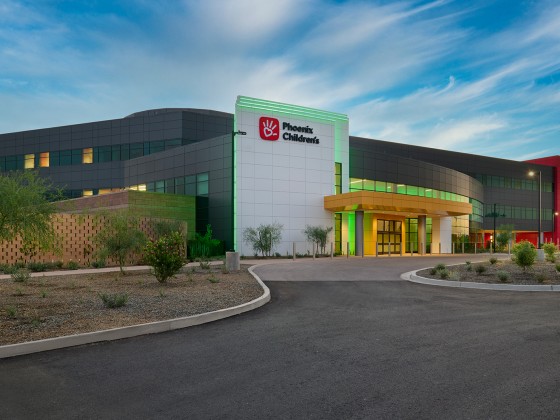Anesthesiologists are experts who provide comfort, pain relief and medical care before, during and after a procedure. Phoenix Children’s pediatric anesthesiologists are specially trained to provide anesthesia to children from birth to age 18, as well as adults who live with pediatric conditions.
Our anesthesiologists are involved in the entire surgery or procedure process. From assessing the patient’s medical history and unique needs, to planning and administering anesthetic through staying with the patient until they have safely recovered from the effects of anesthesia, we provide expertise, supervision and critical care. Sometimes, we care for the patient for several days after surgery, to ensure optimal recovery and pain control.
Anesthesia services are always customized to the patient’s unique needs, including dosage, type of anesthetic and choice of oral or intravenous application. Whether the patient requires general anesthesia for a major surgery or sedation drugs in advance of an imaging procedure, our one goal is their safety and comfort.



